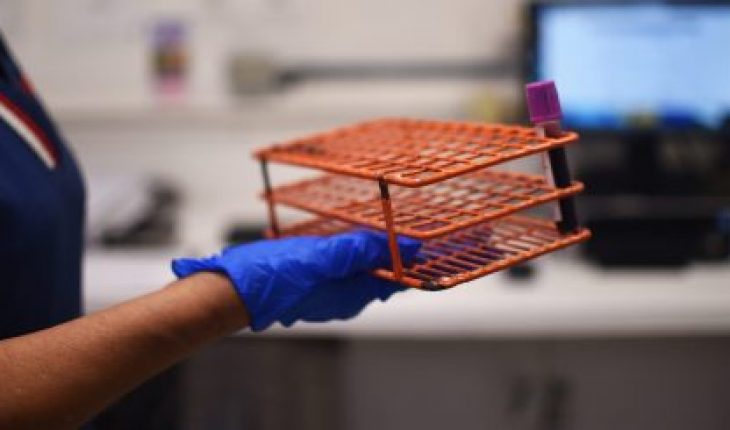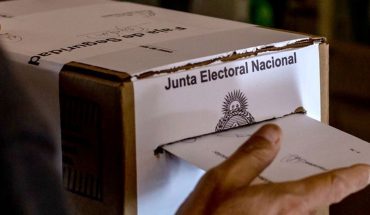Researchers from the National Autonomous University of Mexico (UNAM) work on a treatment based on intranasal dexamethasone, as they point out that supplied in this way promises to be more efficient against COVID-19.
“When a drug is administered intranasally in a certain way to reach the top of the nose, it has the advantage that, in addition to entering the respiratory system directly, it also does it to the central nervous system,” Dr. Edda Sciutto, a member of the Institute for Biomedical Research, told Radio UNAM.
The University of Oxford recently published a study on the intravenous application of this drug to severe COVID-19 patients. In addition, the Mexican government authorized its use in patients and to be administered and tracked by trained health professionals.
Read: Dexamethasone is not preventive treatment and is for severe cases of COVID, WHO warns
Sicutto noted that it is likely through the olfthetic nerve that SARS-CoV-2 enters the central nervous system, which he said “could be controlled and reduced by applying intranasal dexamethasone.”
The evaluation of this treatment is carried out at the General Hospital of Mexico due to the number of patients treated there. They expect to have results that indicate the benefits of treatment soon.
“The diagnostic test is likely to be held in August to detect antibodies and preliminary results of whether intranasal dexamethasone is functional. But the process of a vaccine takes much longer because it requires safety, preclinical, clinical tests. I mean, it’s just the experimental part, which can be finished in a few months. It is about the conduct of tests that, in addition to being delayed, are expensive,” the researcher said.
Edda Sciutto also said the university is developing a series of research projects, including the synthetic version of a vaccine, a method that detects antibodies in previously infected people.
Find out: What is dexamethasone and what evidence and limitations it has against COVID
What they are looking for is to develop a vaccine that quickly and efficiently generates an immune response capable of partially or totally controlling the infection.
“This is based on small critical regions of the virus that we are currently evaluating in mice through various vaccination teams. The protective capacity of these peptides is being evaluated. It will know which of the five different components have the best ability to induce an immune response,” Sciutto explained.
What we do in Animal Político requires professional journalists, teamwork, dialogue with readers and something very important: independence. You can help us keep going. Be part of the team.
Subscribe to Animal Politics, receive benefits and support free journalism #YoSoyAnimal.





